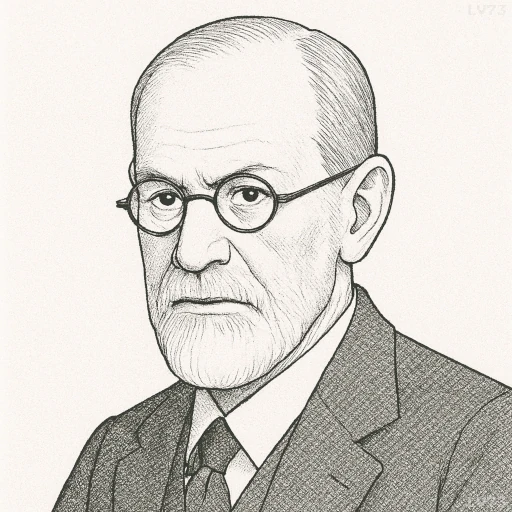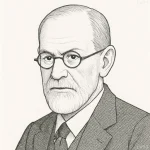“Just as no one can be forced into belief, so no one can be forced into unbelief.”

- May 6, 1856 – September 23, 1939
- Austrian
- Neurologist, Founder of Psychoanalysis
table of contents
Quote
“Just as no one can be forced into belief, so no one can be forced into unbelief.”
Explanation
Freud here affirms the deeply personal and internal nature of belief systems, whether religious, philosophical, or ideological. He asserts that belief and unbelief are not matters of external compulsion, but stem from an individual’s inner convictions and psychological needs. Just as one cannot be genuinely made to believe in something through coercion or persuasion alone, one likewise cannot be stripped of belief simply by argument or pressure.
This statement is particularly significant in the context of Freud’s work on religion, especially in The Future of an Illusion (1927), where he critiques religious belief as a psychological projection—a way of coping with fear, helplessness, and the unknown. Yet even as a critic of religion, Freud acknowledges here that belief has emotional and unconscious roots that cannot be altered through reason alone. Thus, he presents a nuanced view: belief and disbelief are not purely rational choices, but expressions of deeper psychological forces.
In today’s world, Freud’s insight resonates amid debates about faith, skepticism, and identity. Whether in personal relationships or public discourse, trying to force belief or eradicate it often leads to resistance and conflict. Freud reminds us that transformation of belief—either way—must come from within, shaped by introspection, experience, and emotional readiness, not by external imposition or intellectual argument alone.
Would you like to share your impressions or related stories about this quote in the comments section?



